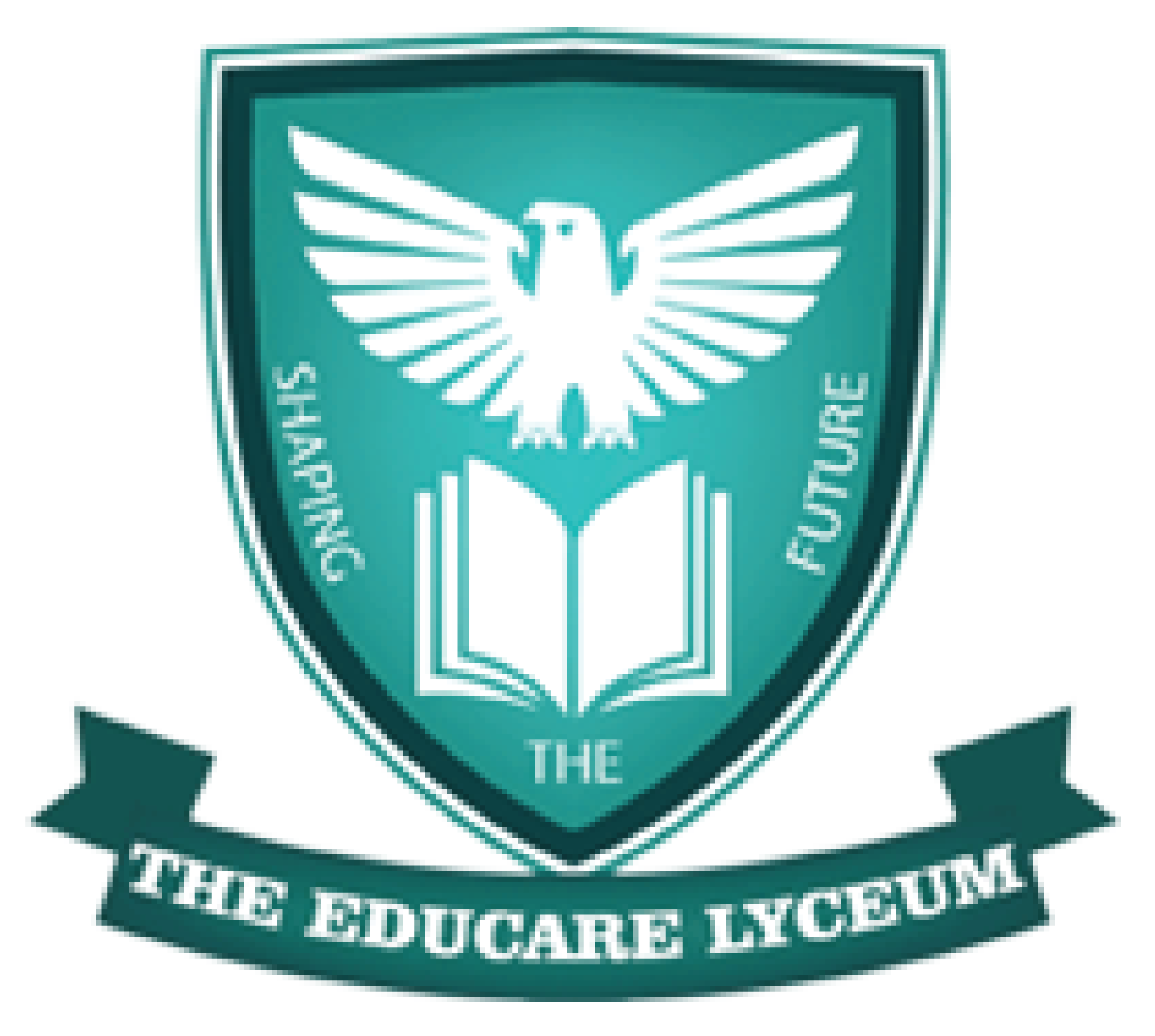The middle school syllabus serves as a transitional bridge in the educational journey, catering to students typically aged 11 to 14. This stage is characterized by a more specialized and in-depth exploration of subjects, laying the foundation for higher academic pursuits.
Mathematics and language arts instruction in the middle school syllabus become more nuanced, delving into advanced concepts and critical thinking skills. Science and social studies curricula expand to cover a wider range of topics, fostering a deeper understanding of scientific principles, historical events, and global perspectives. Foreign language instruction often becomes a staple, enhancing students’ cultural awareness and communication skills.
In addition to academic rigor, middle school syllabi incorporate a focus on skills development. Critical thinking, research, and project-based learning are emphasized, preparing students for the analytical demands of higher education. Technology integration becomes more pronounced, enhancing digital literacy and preparing students for an increasingly tech-driven world.
Physical education continues to be vital, promoting health and wellness, while elective courses offer students opportunities to explore personal interests. The middle school syllabus aims to cultivate well-rounded individuals, nurturing not only academic prowess but also social and emotional intelligence. As students navigate this pivotal stage, the syllabus aims to instill a love for learning and self-discovery, setting the stage for success in high school and beyond.
